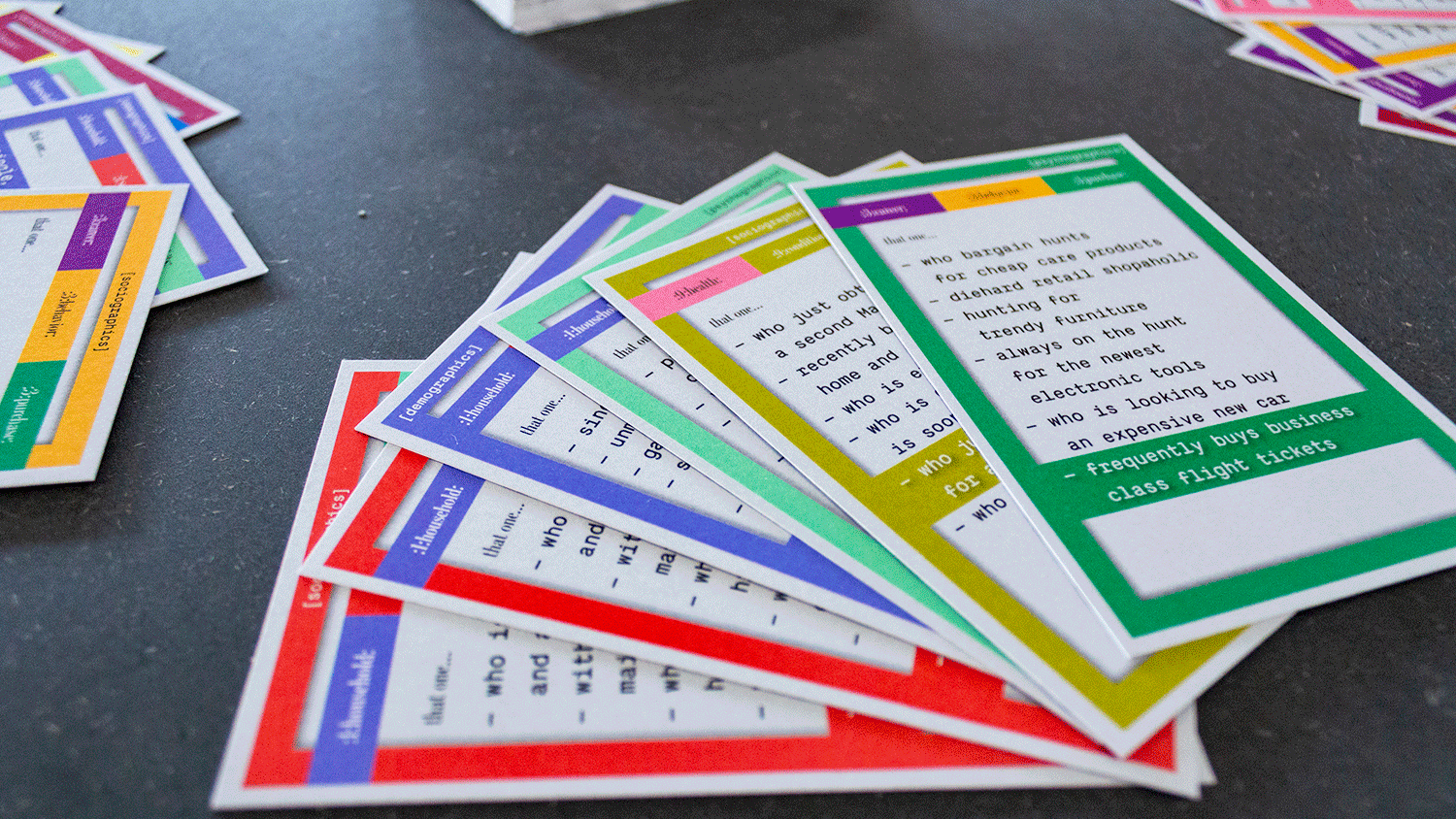You are the Product of your own Information
By Julia Janssen
About my installation The Attention Fair at MoneyLab #6 in Siegen (March 7/8 2019).
The Internet has enriched our lives. More and more devices are being connected with us and each other, designed to make our lives comfortable and efficient. But because this online world has created many opportunities and excellent services, we quickly forget to have a critical attitude towards the companies who develop them.
About three years ago I started researching the mechanics of the Internets’ revenue model. It intrigued me that a lot of companies offer ‘free’ online services, while they were becoming more profitable every month. I grew fascinated by the ignorant position towards the social impact of new technology, and the ways we are connected with the Internet. We mainly focus on the benefits of a service. Like the easiness in communication, following your friends’ adventures, sharing stories, ordering stuff from around the world, and the availability of music, entertainment, travel directions and information. It’s all there, in your pocket.
By using these services, we create personal data — information that reveals our needs, habits, interest, behavior, health and other details of our personality. By tracking, analyzing, and combining these data, companies can predict our next step. They adjust needs by targeted advertising, they shape thoughts by personalized search results, and they modify behavior by suggesting what you might be interested in. You, your data, your behavior, and your needs, are the revenue model of the Internet.
Services we think to use for free, are being paid with data. It’s called a ‘freemium service.’ A commonly used model in the Internet economy. This happened to be quite a logical step, to make the Internet effortless and accessible for the consumer. But since the amount of data that we produce is ballooning, and details and intimacy within this information are increasing. We have to consider if this exchange of ‘service’ for ‘information,’ still is a fair trade.
Currently, you, the producers of data, are in no position of control. If you want to access a website or use a service, you have to agree to their privacy policy. Usually, lengthy, legal and inaccessible text, saying how and which information the company generates, uses, analyzes, stores, shares, sells and combines. A ‘take it or leave it’ system where you have no other choice than to accept or to not use. And we have to ask ourselves if using the internet or not, really is a choice.

This binary system, where the companies are in control, creates a vast power and knowledge inequality. Where companies know precisely who you are, and you have no clue of their motives. Interesting here is that the most powerful and wealthy companies are currently all data-driven. Think about Amazon, Facebook, Alphabet (mother of Google). And this was changed some years ago from the big oil and energy companies who were before always in this top position. Take Google, who made in 2018 a profit of almost 116.3 billion dollars, just by selling targeted ads.
Considering the ‘take it or leave it’ system, the power and knowledge inequality and the extraordinary profits, I would say that the data business has enslaved you.
A big part of this research is about the role of privacy in our society. Some experts are saying ‘we have to reclaim our right to be private’ and others ‘privacy is dead.’ There is a division of two-sided in the attitude toward privacy where on the one side people fight for the protection of the traditional concept of privacy; meaning keeping information for yourself. And on the other side people say ‘I don’t care I’ve got nothing to hide.’ The right of privacy has nothing to do with if you have or haven’t anything to hide. But that we as a society are protected from companies and governmental institutions.

Besides the commercial side of the data business, are there a lot of ways to apply data for societal benefit. Think about healthcare, education, safety, and infrastructure. These, and more, sectors can all benefit from analyzing behavior patterns and machine learning. We are more connected with computers and with each other, and this gives wonderful opportunities to improve for example healthcare, education, safety, and infrastructure. But to create a safe, well regulated and equivalent data-driven society, we have to reshape our definition of privacy and ownership rights of personal data. We have to design an Internet infrastructure that gives you control.

You are not a consumer, customer, visitor or user of the internet. You are its product. You are the product of your own information.
The Attention Fair is the result of a 15 months research into possible scenarios to claim ownership right of data for individuals, new methodologies for privacy policies and to determine the value of behavior. In a variety of games, experiments, and visuals you will learn about the data economy and speculate on the future of your online self.
More information about the experiments, links to online games and announcements of future exhibitions/talks at www.attentionfair.com.
(this project is financially supported by the Grand for Talent Development of Dutch Creative Industries, and the SIDN fund for innovation and the Internet)


